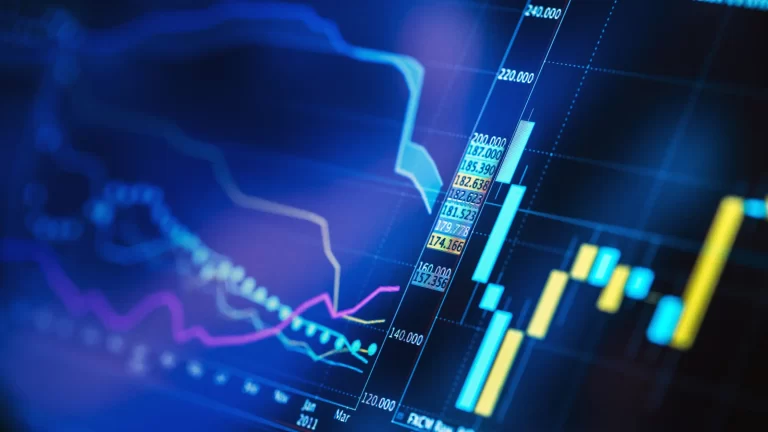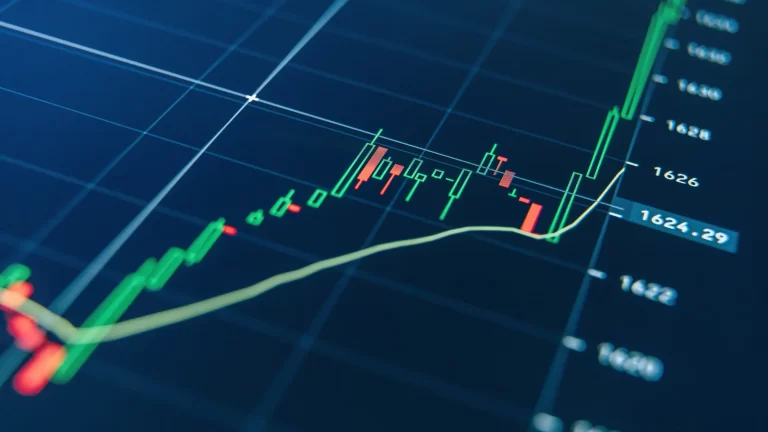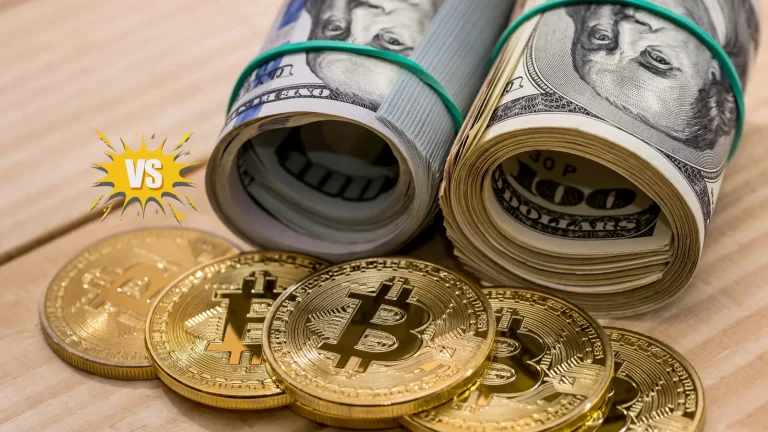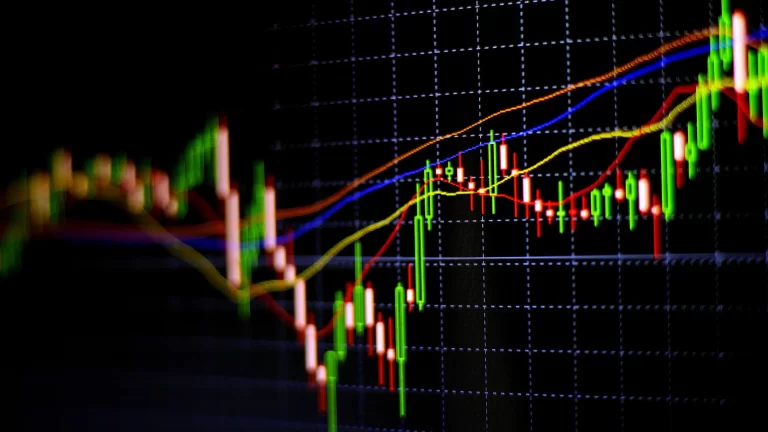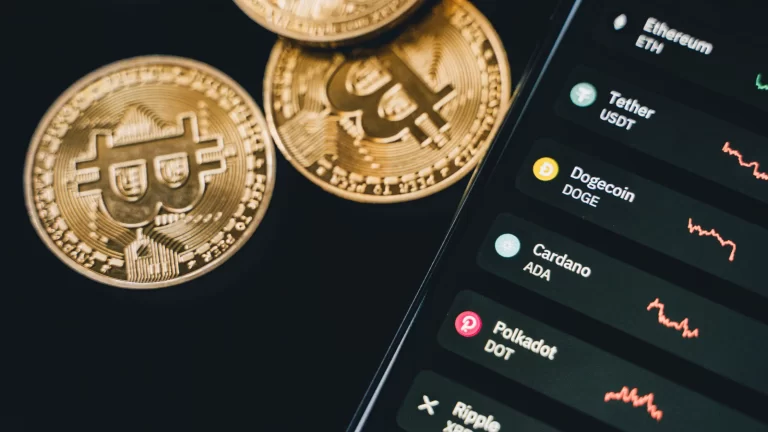Kraken Cryptocurrency Exchange Review
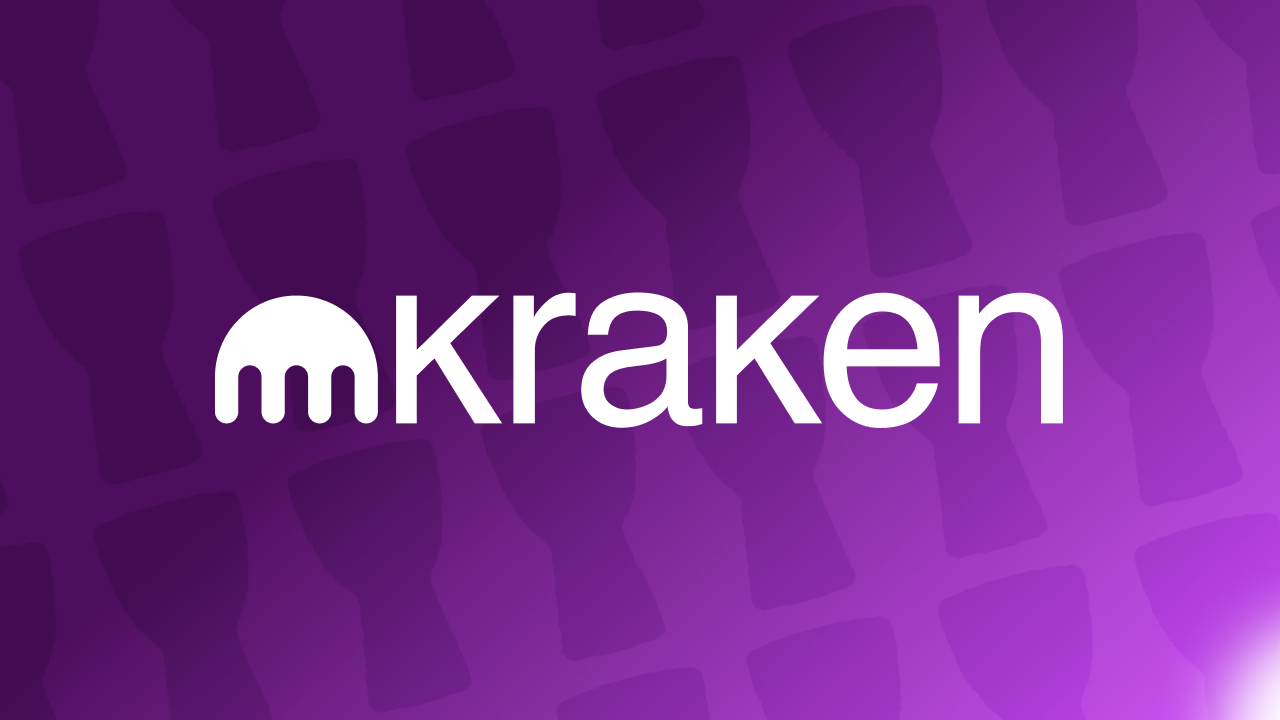
In the cryptocurrency game, Kraken is something of a stalwart, solidifying its place in the market since their 2013 launch. One of the key inspirations for founder Jesse Powell was his visit to the offices of Mt.Gox, an old exchange that was severely hacked and forced to shut down (Kraken was later chosen as the trustee partner for the victims of Mt.Gox). After spending around two years on testing and development and ensuring maximum security to avoid a repeat of Mt.Gox, Powell and his team launched Kraken, starting with just Bitcoin and Litecoin.
What more do you need to know about Kraken?
The Positives
- Kraken has managed to avoid being hacked or compromised, quite impressive a feat in an industry rife with hackings. They even offer a bug bounty to anyone who thinks they can find an exploit in the system.
- Their security is a priority, with most of the funds locked away in cold storage at a high-security location. The guards there are even armed, that’s how serious they take security, which is kinda badass. Other security measures include:
- Locked servers in locked ranks
- High levels of encryption on data
- Their internal network is separated from client data
- Cybersecurity and blockchain experts regularly try to penetrate the service
- Extensive reserves are kept to maintain liquidity
- 2-Factor Authentication measures
- The ability to put a ‘global settings’ lock on your account to block any changes being made for a set amount of time.
- All of the security and compliance in the US makes Kraken a perfect partner for institutional investors and professional day traders, especially those trading over $50,000 a month, as their fees are on a sliding scale that you will see later in this article.
- Kraken is used widely in the US, Canada, and Europe.
- Users can access and enjoy Kraken without KYC and AML checks, though they will not be able to deposit or withdraw fiat, and there are limitations on crypto too. KYC will be needed to unlock all of the features.
- Deposits can be made in any of the cryptocurrencies that the platform supports.
- Kraken supports USD, EUR, GBP and CAD for fiat purchases (though users will have to go through KYC checks) – to clarify, users can make instant purchases but they cannot deposit fiat currency (except in Canada).
- This platform is one of the few crypto-exchanges in the US that permits margin trading, with rivals BitMEX and Bitfinex banned.
- Kraken uses Blockstream’s Standardized Proof of Reserves, showing that they hold 100% of the funds that they should, rather than being insolvent. This means that in the unlikely event that every single user decided to withdraw all of their cryptocurrencies on the same day, Kraken has the funds to handle it.
- Since launching with just Bitcoin and Litecoin, Kraken has raised over $125m in seed funding and introduced more than 50 different cryptocurrencies.
- Kraken has created BTC market pairings for all of their other supported cryptocurrencies, perfect for Bitcoin traders who want to expand into altcoins.
The Negatives
- Kraken is barred from operating in Afghanistan, Cuba, Iran, Iraq, Japan, North Korea and Tajikistan. It previously operated in Japan, but banking regulations forced them to stop.
- The platform is hard for beginners and first-time buyers as the interface is not as simplistic as rivals Gemini and Coinbase.
- ID verification is required to get past the withdrawal limits, so there’s not as much anonymity as other platforms.
- Users in New York and Washington DC cannot use Kraken as they fall under different financial regulations and Kraken didn’t procure a ‘Bitlicense’.
- Kraken does not support credit or debit card deposits.
- Kraken didn’t have an app, and then they did, then it was removed, then they made a new one. Does their mobile app have an existential problem or does the company not have faith in their own products? The Kraken Pro app was released in 2019 but it is not particularly popular.
Which cryptocurrencies can you find on Kraken?
| Aave |
| Algorand |
| Aragon |
| Augur |
| Augur v2 |
| Basic Attention Token |
| Balancer |
| Bitcoin |
| Bitcoin Cash |
| Cardano |
| Chainlink |
| Compound |
| Cosmos |
| Curve |
| Dash |
| Dai |
| Decentraland |
| Dogecoin |
| EOS |
| Ether |
| Ether Classic |
| Filecoin |
| Gnosis |
| ICON |
| Kava |
| Keep Network |
| Kusama |
| Kyber Network |
| Lisk |
| Litecoin |
| Melon |
| Monero |
| Nano |
| OmiseGO |
| Orchid |
| PAX Gold |
| Polkadot |
| Qtum |
| Ripple |
| Siacoin |
| Stellar Lumens |
| Storj |
| Synthetix |
| tBTC |
| Tether USD (OMNI) |
| Tether USD (ERC20) |
| Tezos |
| The Graph |
| Tron |
| Uniswap |
| USD Coin |
| Waves |
| Yearn Finance |
| Zcash |
Some more information on fees
Kraken offers progressive discounts for their users, based on 30-day trading volume, as you will see in the chart below:
| 30-Day Volume | Maker Fee | Taker Fee |
| $0-50,000 | 0.16% | 0.26% |
| $50,001-100,000 | 0.14% | 0.24% |
| $100,001-250,000 | 0.12% | 0.22% |
| $250,001-500,000 | 0.10% | 0.20% |
| $500,001-1,000,000 | 0.08% | 0.18% |
| $1,000,001-2,500,000 | 0.06% | 0.16% |
| $2,500,001-5,000,000 | 0.04% | 0.14% |
| $5,000,001-$10,000,000 | 0.02% | 0.12% |
| $10,000,000+ | 0.00% | 0.10% |
Since their main rivals, Coinbase Pro and Gemini both have considerably higher fees, Kraken is able to retain serious traders with these low costs.
Kraken also offers deposits on more than 50 different cryptocurrencies, each of which has a minimum withdrawal amount and a fixed withdrawal fee. You can see more about that here.
The final sayAs one of the longest-running exchanges, Kraken offers longevity and security. They also offer competitive fees and a strong list of cryptocurrencies to trade. It’s not as user friendly as rivals Coinbase and Gemini, and they don’t accept credit card or debit card deposits (purchases are fine). However, overall, we give Kraken the thumbs up and would recommend it to our friends.
